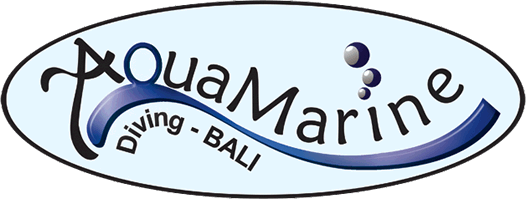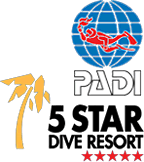The family that (learns to) dive together, stays together
Here in AquaMarine Diving – Bali we have noticed an increased number of families choosing Scuba Diving and Snorkelling Holidays to celebrate milestones (birthdays, graduations, and similar) rather than spending the money on parties and gifts.
Maybe that’s because during the pandemic, everyone had to put their travelling on-hold. Lockdown also provided an opportunity to reappraise the best ways to create lasting family memories…
And what better way than learning to scuba dive as a family while on holiday in Bali!
Sharing the experience of learning to scuba dive together creates better connections with other members of your family as well as the ocean. You develop a greater sense of responsibility for each other and increased self-confidence.

Learning to Scuba Dive while on a Family Holiday in Bali is easy
Children as young at 8yo can take the PADI Bubblemaker course. The PADI Junior Open Water Divers course is available from 10 years of age.
Training conditions in Bali are ideal for families. There is very little current in either Tulamben Bay (shore diving, NE Bali) or Blue Lagoon (boat diving) on Bali’s east coast.
For Certified Divers, the PADI Advanced Open Water Diver course can also be conducted in the same locations. Tulamben Bay is home of the world famous 120 metres USAT Liberty Shipwreck, now a beautiful artificial wreck (shallow enough for snorkellers). Wreck, UW Naturalist, Digital UW Photographer, Deep, Night Diver and other PADI Specialties can also be taken in Tulamben Bay and Blue Lagoon.

Annabel Thomas (Founder and Owner-operator of AMD-B) spoke to Julie Andersen, Senior Director, PADI Global Brand & Media, and Founder, Shark Angels:
Why would you encourage parents to introduce their children to scuba diving?
Our children are the future of our blue planet. When parents introduce their children to scuba diving, they are sparking a passion for the underwater world. It is a life-changing experience that will give them a love for exploration. In addition, they will acquire life-long skills to take action and play a pivotal role in saving the ocean. But it’s also so, so much more than that.
My father taught me, my mother and brother how to dive. To this day, our best memories are the times spent underwater with one another on epic adventures around the globe. We will all forever treasure not just the experience, but the fact that we shared it together. We are all better together – and independently – because of diving.
From my experience, there is simply no better skill to learn, or share, with your family. I am certain that it will absolutely change your children’s (and our planet’s) future.

Why should families dive together?
Learning new skills, exploring the underwater world together and saving our blue planet together – these are once in a lifetime family experiences that will never be forgotten. I speak from personal experience! My first scuba diving experience as a child (with my father) changed the course of my life forever. I still remember that moment I dipped my head below the surface for the first time. A whole new, incredible world was unveiled. Sharing that magical moment with my family is something I will always cherish.
“Learning to dive on holiday provides people with a chance
to truly disconnect from the outside world and be in the moment”
Julie Andersen, Senior Director, PADI Global Brand & Media
and Founder, Shark Angels









